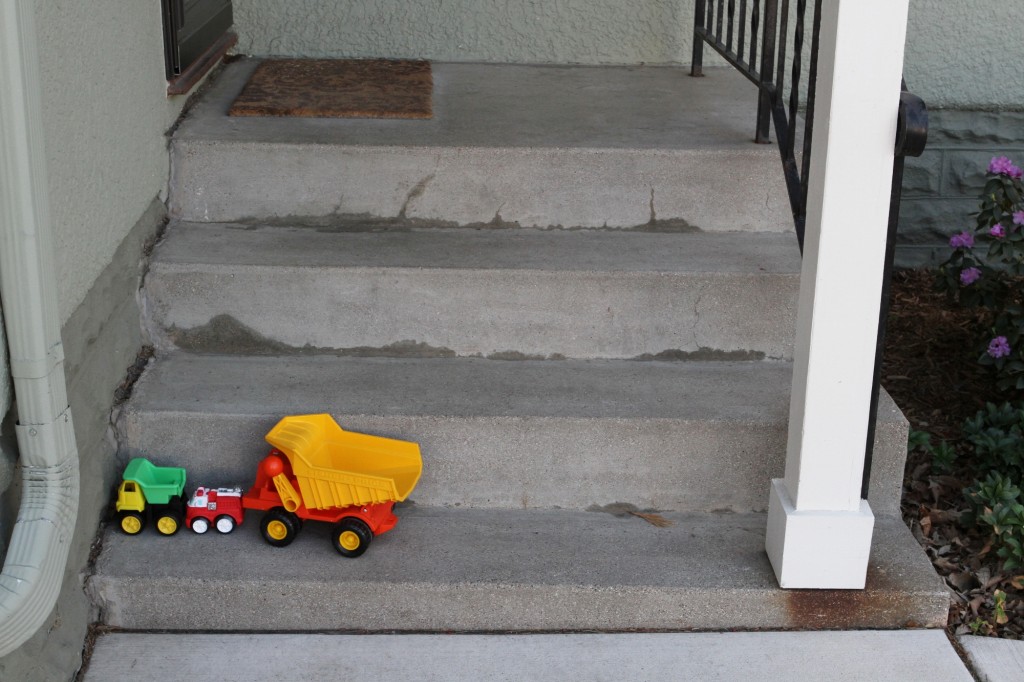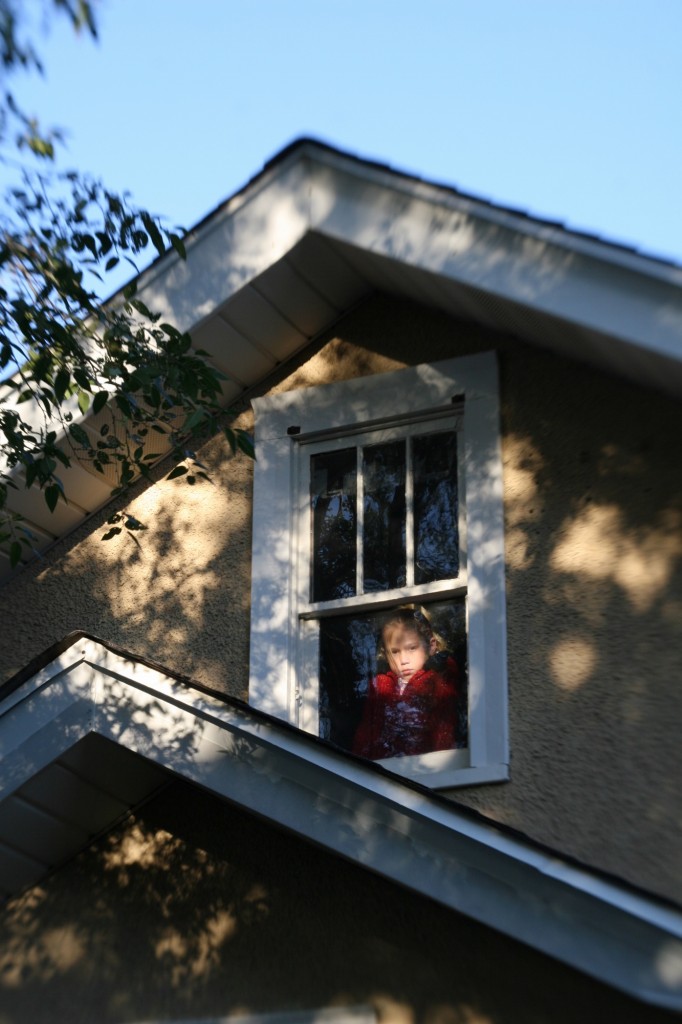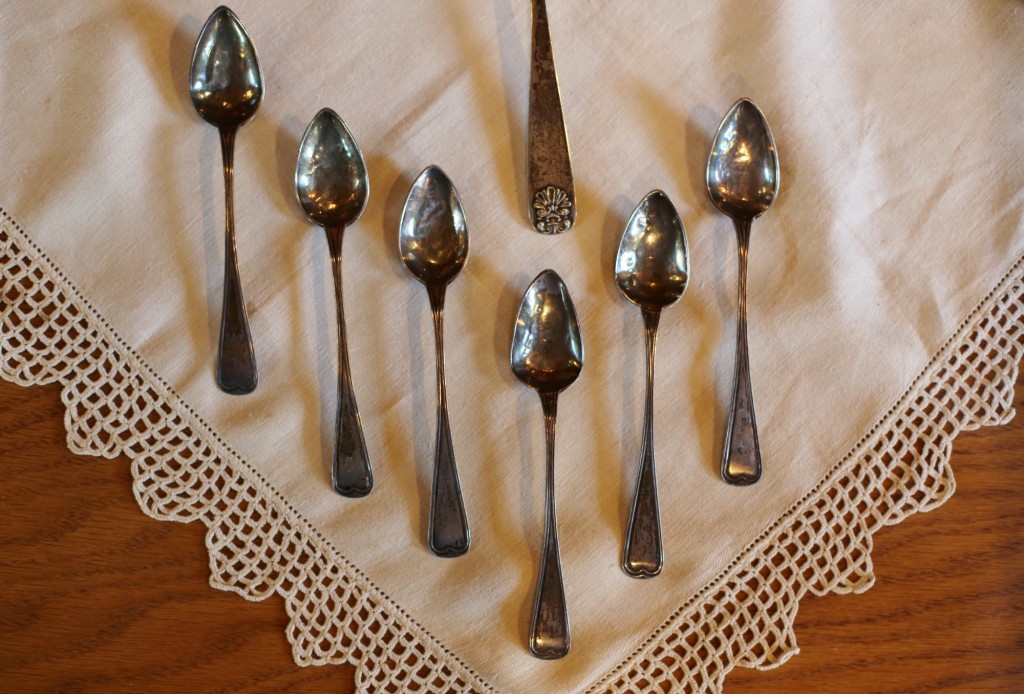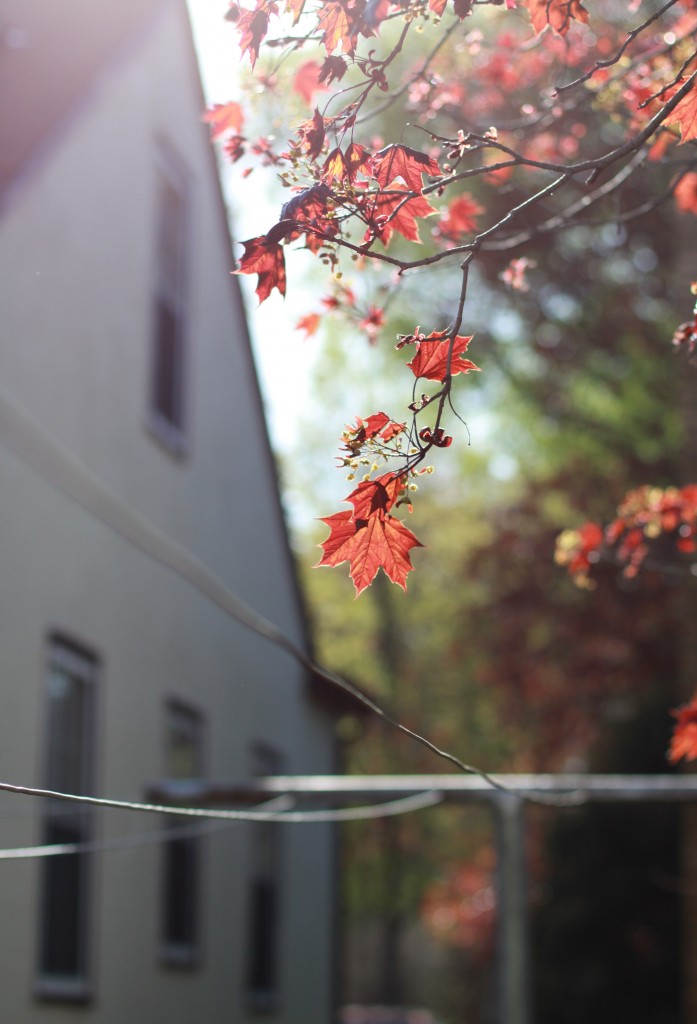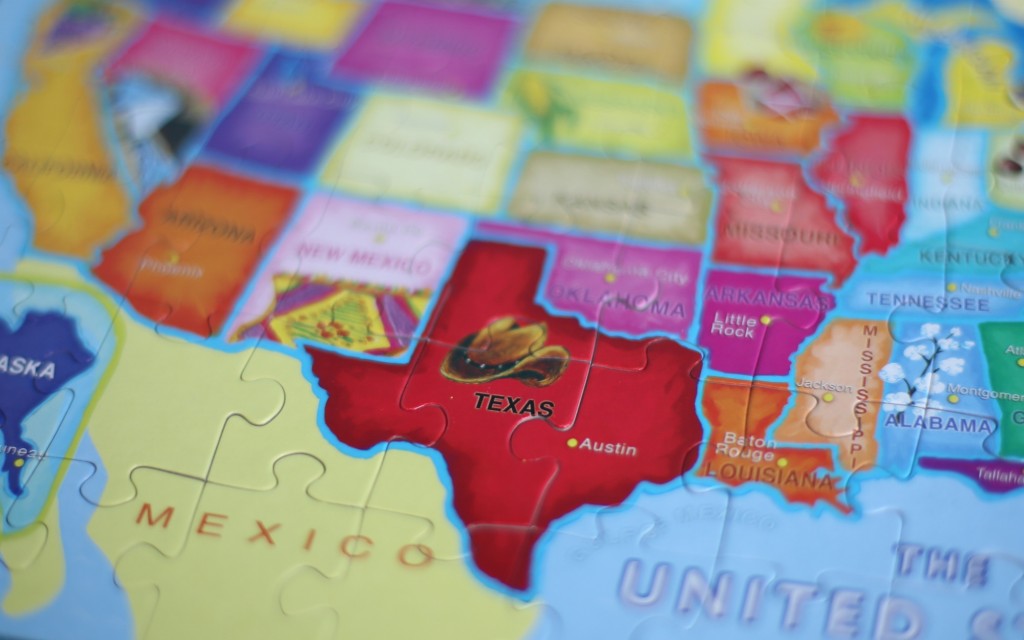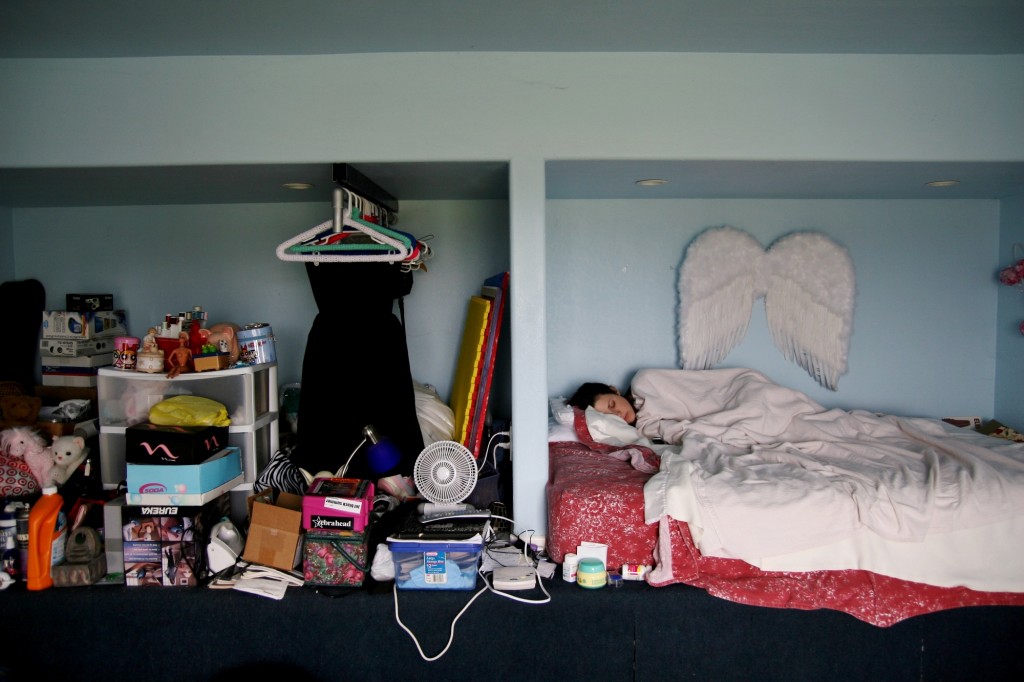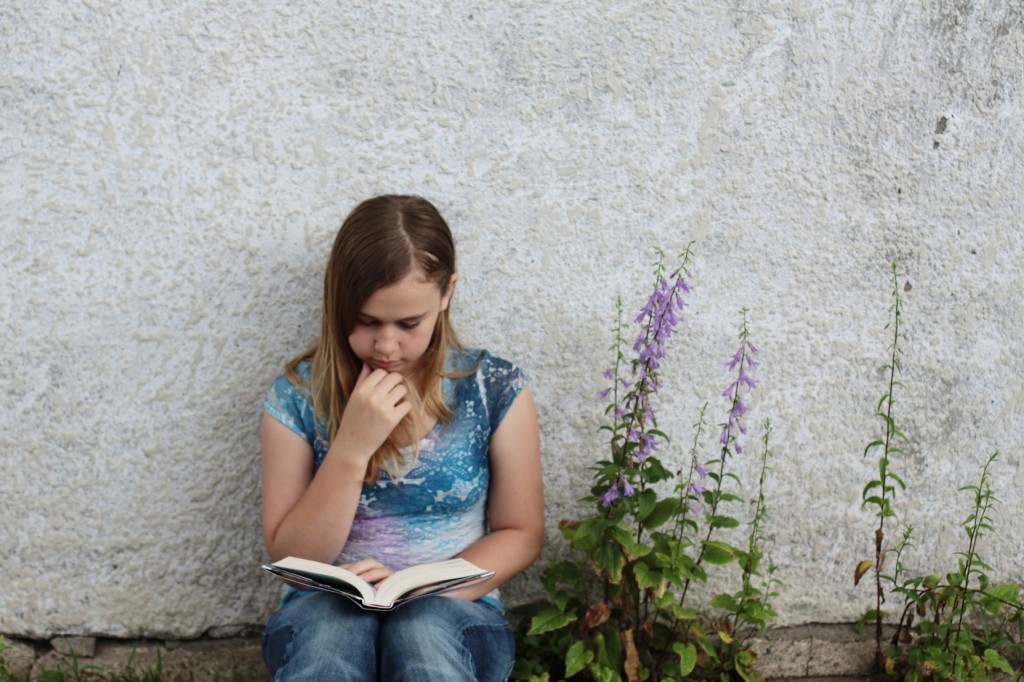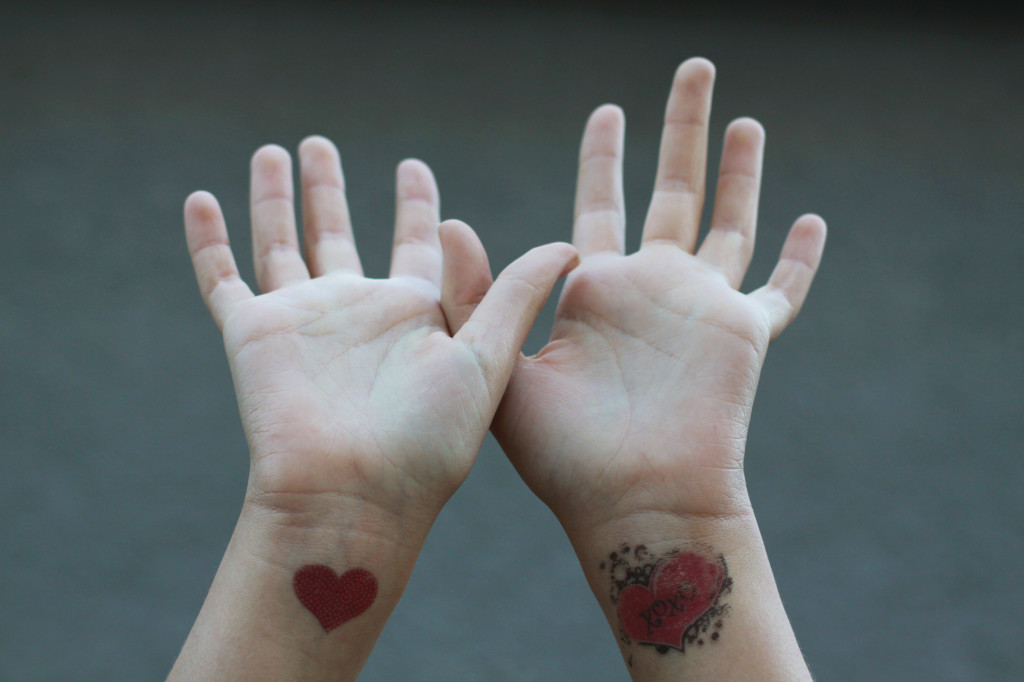
By Candace Kearns Read
I was driving around what seemed the perfect neighborhood, looking for signs, when I found the sprawling, two-story log house for sale on three park-like acres, filled with ponderosa pines and giant rose-colored rock formations. The location was ideal, with easy access to the highway, yet no visibility from the road. The price on the flyer seemed too good to be true.
•••
Our community is made up of a few small towns strung along U.S. Highway 285, which curls through red rock cliffs and rolling ridges of forest as it climbs two thousand feet in elevation, from the historic two-block town of Morrison, up through Tiny Town, Aspen Park, Conifer, Pine, and all the way to Bailey, Colorado. The speed limit on the highway is 55, but most people take the curves closer to 70. Once you start ascending, you can feel the wildness of it, from Turkey Creek Canyon through Windy Point all the way to Crow Hill.
•••
According to the news reports, on September 27, 2006, sixteen-year old Emily Keyes drove to school as usual, with her mother Ellen and her twin brother Casey in the car. The sun was rising over distant mountain ranges, and they turned the Red Hot Chili Peppers up loud as Emily navigated from their mountaintop home down the narrow twists of a dirt road lined with aspen groves. At the highway, she followed the winding path of the wide, rushing South Platte River. At 7:17 a.m., Emily and Casey got out of the car at Platte Canyon High School, and Ellen drove to work.
•••
The house we were living in, which I’d bought with my previous husband, wasn’t even on the market yet, but we were ready to sell it. It didn’t feel right to live there anymore with all those memories. We needed a new home, but we wanted to stay in this community. It was the kind of place where neighbors watch out for each other, and people still cared.
•••
The 285 corridor and surrounding areas are referred to as the Foothills of Denver, but there’s no doubt that we live in the mountains. In early fall, when the elk start to rut, we can hear the bugling for a mile, and months later, dozens of pregnant females take their afternoon naps in our yards. Deer eat our flowers all summer long, staring at us like the invaders we are. It’s not uncommon to see fox dashing, cat-like, between the aspen. Bears will rummage through our trash cans if we leave them out, and we live in fear of mountain lions snatching our dogs.
•••
Between 8:42 and 11:40 a.m., a dilapidated yellow jeep, later discovered to be the living quarters of a fifty-three-year-old homeless man by the name of Duane Morrison, came and went from several different spaces in the high school parking lot.
•••
I pulled up the long circular driveway on a mild day in October 2005 and there he was, standing next to a weathered gold Jeep Cherokee with a little red light on top. He wore a crisp cotton button-down, broken-in jeans, and cowboy boots; he introduced himself with that nice clean Irish name. The business of real estate can make me uneasy, but I felt instantly that this was a guy we wanted on our side. I was sure my husband would agree. He had a humble calm you don’t often find in sales people, and he mentioned that he had a lot of ties in the community. I later learned this was an understatement.
•••
We are what’s called a bedroom community; most everyone commutes to Denver about thirty miles away, and we run our errands and go to the movies down the hill. Up the hill, there are a few bars, a couple of gas stations, and some small specialty stores. Until recently, there wasn’t even a Mexican restaurant. Most of the businesses are family owned, and you always bump into someone you know at the market. The schools are ranked some of the highest in the state. Crime is practically negligible, and the natural beauty surpasses that of most places. Some might say life up here is idyllic.
•••
At 11:40 a.m., Duane Morrison, who had been living out of his car but had a Denver address, calmly entered the school building, claiming he had “three pounds of C-4.” He was wearing a dark blue hooded sweatshirt and carried a camouflage backpack. Inside were a semiautomatic pistol and a handgun. Morrison headed upstairs to room 206, where Sandra Smith was teaching honors English. He instructed her to leave, and when she would not, he fired his gun into the air. He then told the students to line up facing the chalkboard and made everyone leave, except for six girls, of which Emily Keyes was one.
•••
In the course of our dealings with the realtor, we learned he was also a volunteer firefighter. When he wasn’t helping people buy and sell houses along the 285 Corridor, he was responding to accidents and other 911 calls, often saving lives. He’d pried toddlers out of crushed cars, fought forest fires, and evacuated the sick and elderly from deathly blizzards. He’d signed up nine years earlier for the excitement. He’d stayed on because it taught him to appreciate that, as he put it, “life is brief and precious and important.”
•••
A code-white alert—meaning a full lockdown—was sounded over the intercom. County Sheriff Fred Wegener began negotiating with the gunman. The sheriff’s son Ben, a junior who once had a crush on Emily Keyes, was in a classroom nearby. Morrison wouldn’t talk to Wegener directly—he used the girls to relay his messages. The only clear demand he made was that the police back off.
•••
I tried to imagine what it must be like to live with a high-frequency radio in your home. We awakened to acres of blue sky above pine-covered peaks, the sounds of an occasional dog, crows cawing and squirrels chattering. Our realtor and his wife must emerge from dreams to the beating static and cacophony of voices reporting drunks, families killed in car accidents, petty thieves, and the elderly having massive heart attacks in bed. Or one morning, as you’re writing up a carefully considered Inspection Objection—as our realtor might have been on the morning of September 27, 2006—you hear words reverberating over that crackling scanner that make you briefly pray you haven’t really woken up at all. “Six students have been taken hostage at Platte Canyon High by a man claiming to have a bomb. The school is being evacuated—negotiations are ongoing.”
•••
Morrison sexually assaulted all of the girls before releasing four of his hostages and keeping two. Fifteen-year-old Lynna Long later said that even though they were all lined up facing the chalkboard, she knew the other girls were being molested because she could hear “the rustling of clothes and elastic being snapped and zippers being opened and closed.”
After the four girls were released, Emily, who was still a hostage, managed to respond to her father’s text message, which asked, “R U OK?”
She wrote back, “I luv u guys.”
•••
In July, our realtor called, asking if my husband and I wanted to join him and his wife for a Rockies game. There was light rain that day, but our seats at Coors Field were sheltered by the overhang of the level above us, so even when it sprinkled, we were protected. We drank beer and ate hot dogs, basking in the relaxation of the ballpark. His wife and I went for a second beer during the sixth inning, but our realtor stopped at one, since he was driving.
“Seen too many accidents,” was all he said.
•••
By 12:10 p.m., all eight hundred students, except the two remaining hostages, had been evacuated. A four-mile stretch of Highway 285 on both sides of the school was closed. Ambulances were parked in the end zone of the football field.
All the parents standing outside the school were urged by authorities to go back to the sheriff substation.
At least twenty parents shook their heads at once and said, “No.”
At 3:20 p.m., the gunman told police that something “big” would happen at 4:00, and that it would “be over then.”
The Jefferson County SWAT Team had witnessed Morrison sexually assaulting the girls, and at 3:30, Sheriff Wegener made a decision. Later he’d say that he made the decision, “Because I’d want whoever was in my position to do the same thing, and that is to save lives.”
At approximately 3:35, the SWAT team stormed the classroom, and Morrison used the two girls as human shields. When she tried to run, he shot Emily Keyes in the back of the head before killing himself.
•••
Our realtor was just one of many who stood by and watched as Emily was carried on a gurney from the classroom to the Flight-for-Life helicopter.
Emily’s father, John-Michael, who had been waiting there all day, hoping to see his daughter, shouted out, “Is there anything I can do to make her more comfortable?”
Someone replied, “No.”
The helicopter took only a few minutes to arrive at St. Anthony’s Hospital in Denver, where Emily was pronounced dead at 4:32 p.m.
•••
The word community typically refers to many people, and sometimes it’s a group so large that it fills a whole highway. On October 7, 2006, close to six thousand motorcyclists rode the forty miles from Columbine High School to Platte Canyon High School in a show of compassion for the victims of the shootings at both schools. After a moment of silence and a balloon release, they rode off beneath an archway of pink balloons. Sheriff Fred Wegener was among them. Proceeds from the riders’ registration fees went to The “I Luv U Guys” Foundation, established in memory of Emily Keyes. This tradition has continued every year since.
•••
Emily’s life was full of accomplishments. According to those who knew her, she was trusting, kind, and fearless. She was active in speech class, worked on the school paper, and played volleyball. The day before she died, she had done such a great job on a world history paper that her teacher had read it out loud to the whole class.
Her boss at the restaurant where she waited tables said she was, “One of the nicest girls. Just a real sweetheart. Always a please and a thank you and a smile.”
•••
On September 27, 2006, our son was almost two, and we’d lived in our new home about five months. This was where we would parent him through his childhood and adolescence, and where, fates willing, he would someday graduate from high school. I mourned fiercely, almost inappropriately, for Emily, so consumed with shock and sadness that I could barely think of anything else for days.
It was as if I knew her, and in some ways I did, for we all drive the same roads, watch the same aspens turn to fiery gold each fall, and notice the same rise and descent of the trout-laden South Platte River, which feeds the same creeks we all drive alongside each day.
•••
Every year now, on the Saturday closest to September 27th, my husband, children, and I walk up the big hill to where our neighborhood meets the highway, carrying a cardboard sign that reads “We Love U Guys” written in bright red poster markers. We stand there waving at thousands of honking motorcyclists, our sign bending in the wind as they pass. From time to time, we exchange the international sign for “I love you”—thumb, middle and ring finger down, pointer and pinkie up, with a rider.
Up the highway a few hundred yards is the fire station, where the tallest truck is parked, emergency lights flashing like fireworks in honor and commemoration of the children killed in our schools and those who’ve leapt in to save them.
Throughout the hour that it takes for all those bikes to go by, I keep waving and smiling, stinging hot salt in my throat, doing my best to explain to our kids in choked-up stutters why we come here each year and pay tribute to a girl none of us knew, but we all remember.
I really do love these guys. I love that they show their compassion with a bike ride up a twisting mountain highway, I love that they all wear pink in honor of Emily, I love that so many of them see us here by the side of the road and answer our hand signals with a wave. But what I love even more is that when they reach their destination at Platte Canyon High School and join Emily’s family, whose foundation now helps schools everywhere enhance their safety, they’ll have carried our message to where it belongs.
•••
CANDACE KEARNS READ is a writer and creative writing teacher living in Morrison, Colorado. She is the author of the screenwriting guidebook Shaping True Story into Screenplay and a forthcoming novel, The Rope Swing. She blogs at lawomantologlady.wordpress.com, and can be found @ckreadwriter, candacekearnsread.facebook.com, and candacekearnsread.com.

 Follow
Follow
